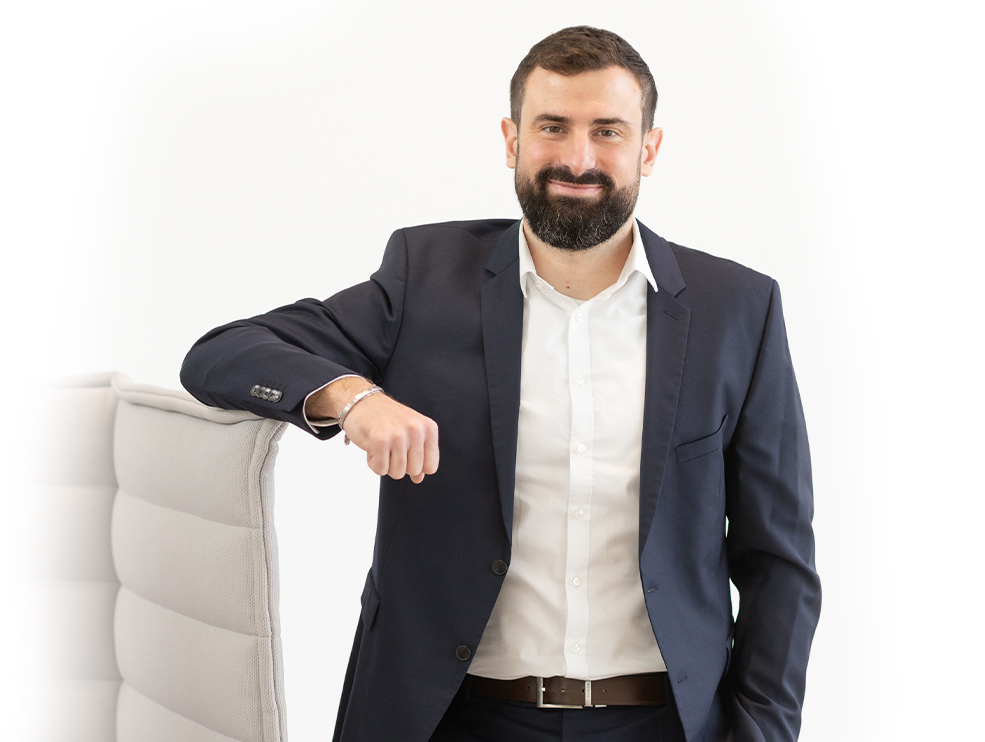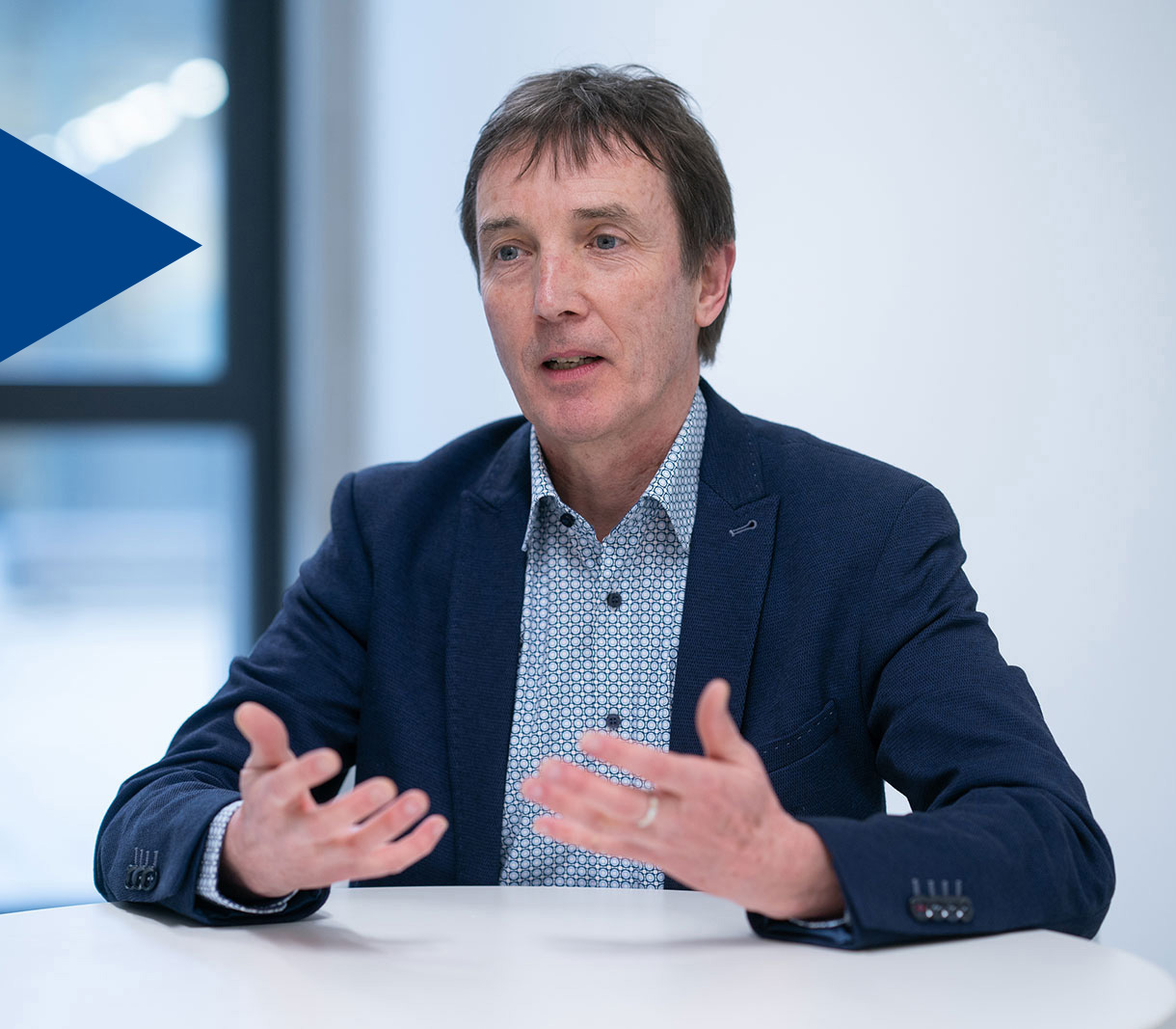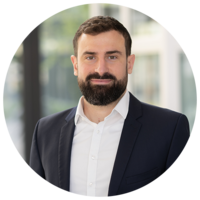
Acting globally means thinking locally
Jan Hofmann takes over the position VP Global Design & Development Automotive Filter from Volker Bräunling
“We had to convince the car manufacturers that there was a strong need for cabin air filters,” he recalled. “Our main value selling argument was to highlight the need for passenger protection and extra comfort for those with hay fever by offering a so-called Pollenfilter for the car cabin.”
As filter elements in a car are exposed to harsh conditions with regard to temperature, humidity, and vibrations, a completely new filter medium had to be developed for the particulate air filters. In 1989, the Mercedes SL Roadster was the first car to have the option of a cabin air filter. The introduction of particulate air filters as standard equipment in the Opel Astra in 1991 made a huge impact across the world.
“Everything took off from there,” says Bräunling. “At the beginning, we had to expand our capacity as quickly as possible because demand was so high. We had to develop new manufacturing technologies and establish production structures that didn’t even exist.”
Thinking globally to deal with change
A lot has happened since then. With the micronAir combi filters and the micronAir proTect line, two additional product categories have been introduced that expand the performance portfolio, and the market has also developed further. “Back then developments were made centrally for the entire world,” Bräunling explains. “The picture today is completely different. Most car manufacturers now have more globalized structures, and development takes place within these structures on a regional basis, considering local requirements. We had to adapt and will continue to have to do so in the future.”
The establishment of a global technical organization, recently also re-named and restructured into Global D&D (Design & Development) Automotive Filter was the right step to offer customers a uniform development platform, make processes even more efficient worldwide and at the same time ensure an understanding of regional filtration needs. “Meeting regional requirements demands the ability for decentralized but globally coordinated and aligned developments” says Bräunling.
“Awareness of air quality can vary greatly from country to country. In China, for example, air quality has been a problem for many years, especially in the metropolitan areas, which has led to a high level of awareness among the population. There have been many government programs to improve air quality, which are gradually bearing fruit. In North America, on the other hand, air quality has traditionally not been as high on the public agenda. But no matter what the air quality and awareness is, especially in vehicles, without high performance cabin air filters, the occupants would be exposed to an enormously high concentration of harmful pollutants. Car manufacturers understand this and today expect filtration solutions that are customized to suit regional needs.”

Volker Bräunling
Inspiring
a changing industry

Jan Hofmann
Bräunling’s successor, Jan Hofmann, is entering a dynamic market.
“You can get to grips with the subject of filtration, but you need to know the automotive sector and have a feel for the market,” emphasizes Bräunling. He felt that a deep understanding of the sector was very important for his successor and it turned out that the right person for the job was already working for Freudenberg. Hofmann has been at the company for 14 years, ten of which have been in various roles as part of Vibracoustic’s technical project management. Vibracoustic develops Noise, Vibration and Harshness solutions for vehicles that ensure a smooth, safe, and quiet ride experience.
“After ten years, it’s now the right time for me to get out of my comfort zone and take a new direction,”
says Hofmann.
“For me, that means transferring my knowledge of the automotive industry to this fascinating product environment and new challenges. As Freudenberg has been such a positive influence on my entire career, it was nice to be able to take this new path while remaining with the company. The team’s filtration expertise will help me get the perfect start to be able to quickly serve our customers on the highest level.”
A common outlook
Bräunling and Hofmann are united in how they see the automotive sector. This is true for future developments and trends, as well as for the challenges that Freudenberg Filtration Technologies will face. “Although we are generally well prepared, the product environment is changing,” Hofmann explains.
“As the automotive industry wants to reduce emissions and is increasingly focusing on battery-powered electric vehicles, some filters are going to disappear.”
But transforming to become a more sustainable industry will extend beyond merely developing more sustainable product solutions. Local procurement and robust supply chains that are resilient to global effects will also become more important. The decentralized approach to filter development that the Global D&D organization ensures is a logical step and Freudenberg will continue to move in this direction.
“The key to success is harmonizing global processes,” states Hofmann. “We need to be vigilant and ensure that the new processes help our employees to work faster without increasing the administrative workload. This will streamline the development of regionally tailored solutions for our customers.” Bräunling sees this as critical to success because Chinese manufacturers are developing electric models quickly and achieving market penetration worldwide. “We need this high-volume business to keep driving innovation forwards,” he remarks. This can only be successful when the development activities are globally harmonized and coordinated considering all specific regional needs.
Bräunling and Hofmann are both of the opinion that the future will move towards more complex modular and multi stage solutions with extra features and functionalities which allows even higher filtration performances to increase driving comfort and safety, and that can be used as distinguishing features for the car manufacturers.
 automotive filtration insight
automotive filtration insight